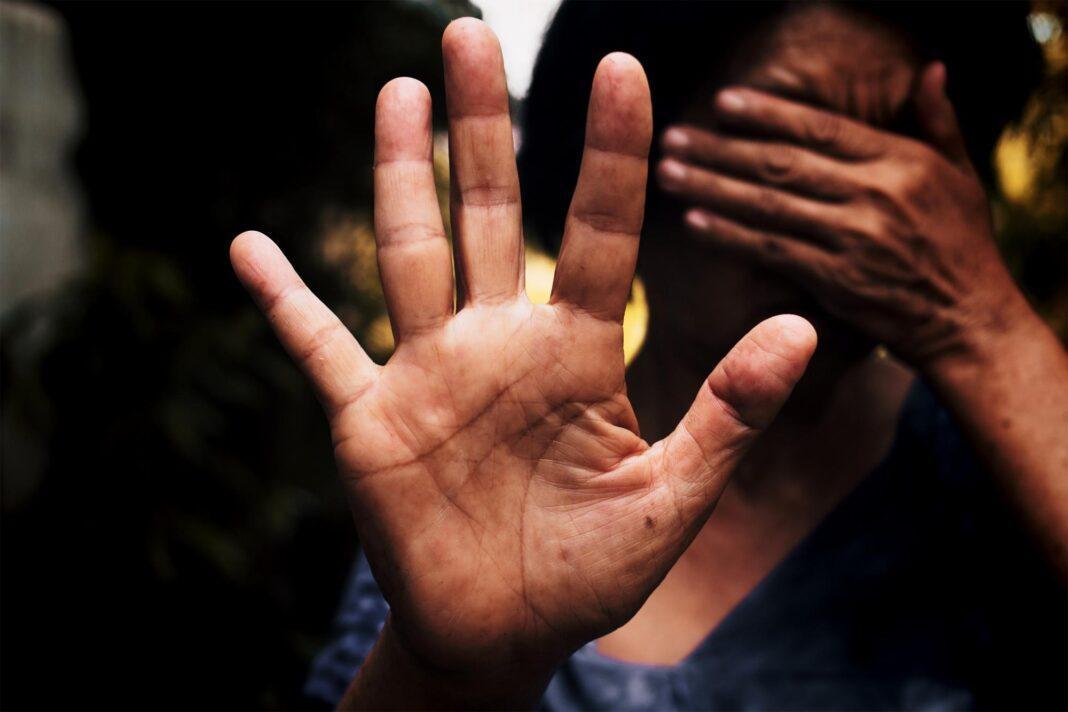Africa-Press – Botswana. Speakers at the Brunch with Dorcus Oboetswe, an event aimed at addressing and seeking solutions to gender-based violence (GBV) have expressed the need to work on families in efforts to fight GBV.
Dr Maude Dikobe, an educator and researcher also serving in the National Gender Commission said frameworks were not enough to address GBV but ‘we need to start thinking from within and go back to families and raise a generation of young people that will create a conducive environment that is gender violence free’.
Although Botswana is statutory to many UN statutes and have National Gender Policy, Dr Dikobe said the weight should not just be on government because government had good policies that needed to be translated into action. “Additionally, we need a law on GBV to protect victims and our hope is in the new foundation,” Dr Dikobe said.
Mbewe Legal Attorneys founder, Njiramanda Mbewe-Boatey shared the sentiments concerning a law on GBV. “As a country we are supposed to have a GBV Act at this stage,” said Mbewe-Boatey, acknowledging, however, that that Domestic Violence Act was available. Mbewe-Boatey said Botswana should be able to define GBV in accordance with itself, not an international definition.
“When we say GBV for Botswana, what does it mean. What does gender mean, is it male or female or is it those non-conformed if you come from a perspective of human rights,” quizzed Mbewe-Boatey, saying there needed to be clearer definitions of what GBV was.
She said coercive control, emotional abuse and many were not completely explicitly stated within the laws of Botswana. She, therefore said there was a need to push for laws that recognised the power dynamics of patriarchy and toxic masculinity.
Furthermore, Mbewe-Boatey said there was need to enforce gender responsive justice by specialised GBV courts. She said not having specialised GBV courts took away the dignity and privacy of the victims, and it was important to have courts that only deal with GBV matters, which would also address issues of stalling cases, which led to unnecessary bails and resultantly instilling fear on victims.
Mbewe-Boatey also said accountability structures needed to be promoted where survivors report GBV crimes without fear. “In Botswana we are afraid to report such crimes because we know each other, and to avoid that sort of stigma we need anonymity for people to send messages to anonymous number or toll-free number and call to report any GBV crime they might observe,” she said, emphasising that Botswana needed a law with respect to anonymous numbers.
Additionally, she also said toxic norms in schools needed to be challenged and children educated on what toxic masculine. She said lack of such modules at schools equalled harm protection. Penalties on GBV, Mbewe-Boatey said needed to be strengthened. “Push for legislation in Parliament to promote preventative legal measures. Now with our government having declared itself human rights-centred, this need to be done,” she said.
Mbewe-Boatey also said identities of offenders should be published. “Let us publish them so that communities are aware of such offenders,” she said, adding that victims also need to be compensated and accorded legal access.
For faith-based organisations, Reverend Dean Roswitha Seabo of Evangelical Lutheran Church in Southern Africa (ELSCA) said the church should provide a safe space for people and encourage them to speak out and get the assistance they need. Rev. Seabo said the church needed to be a voice for the voiceless for it was the mandate of Christian leaders across all denominations.
From Botswana Police Service, Senior Superintended Gaolathe Ngayaya said BPS was doing a lot in addressing GBV with trainings emphasising the sensitivity of reporting. She also said they had committed to ensuring customer-based spaces for reporting GBV cases with programmes specific to various reporting of cases. “We have toll free anonymous lines if one needs to report a GBV crime and wants to remain anonymous,” she said.
Sen. Supt Ngayaya also said police stations were child-friendly, adding that their centres had safe and conducive space for anyone to walk in and report. “We also have facilities such as audio video recording systems to afford justice to victims, and we have had successful visual courts where victims of GBV crimes were not in the same room with offenders,” she said.
For More News And Analysis About Botswana Follow Africa-Press






